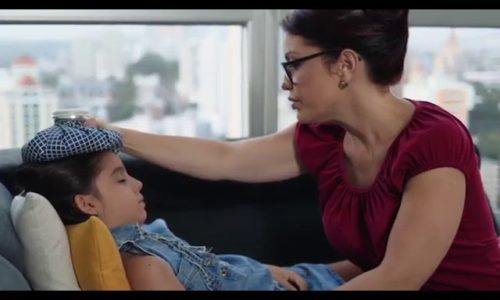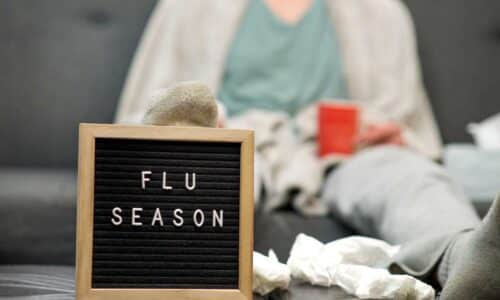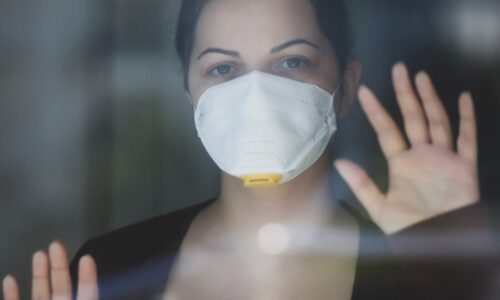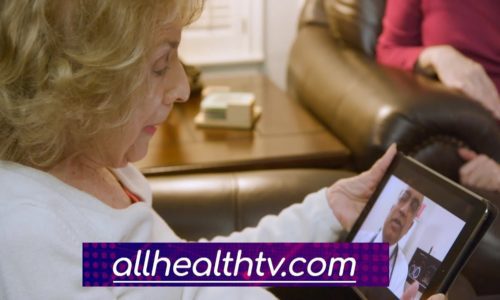What do we know about COVID-19? |
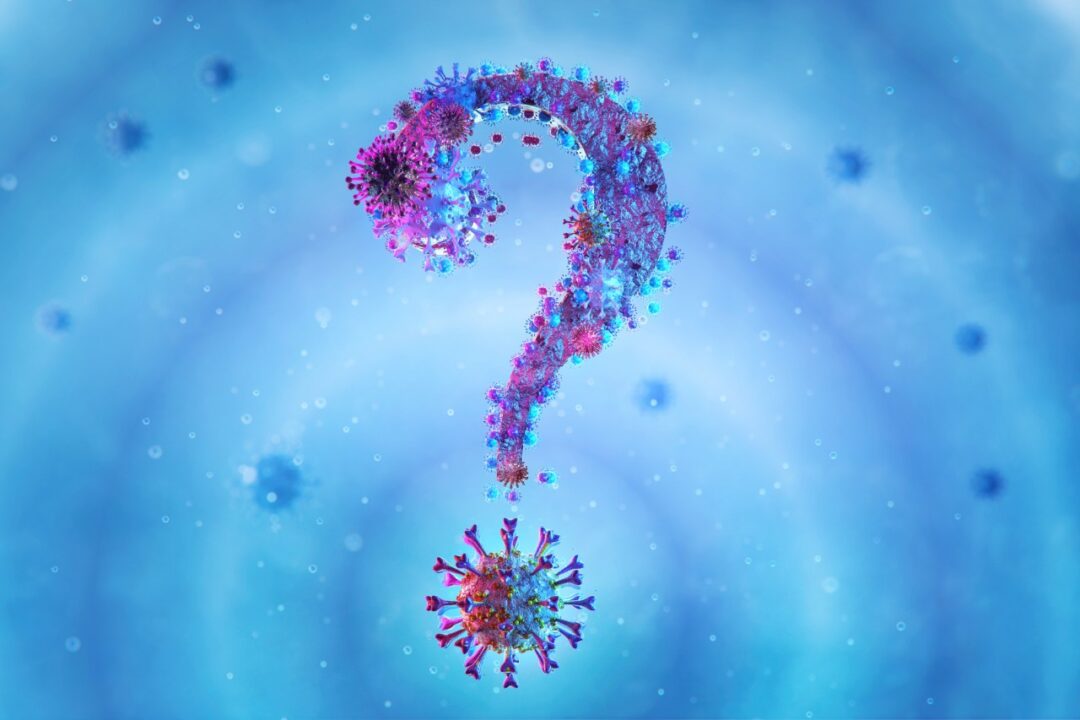
Because the coronavirus is a new disease, we have been learning more about it all the time. We have actually learned quite a bit, although there is still more that we could learn. Unfortunately, there is also some false information on the Internet, some of it designed to try to sell you things you don’t need, by taking advantage of our fear of the situation. I thought we might go through some of the frequent questions that I have been getting. I will not be going back to the basics, which we have covered in previous Health Tips.
Should I wear a mask?
The CDC now recommends that people wear a cloth face covering to cover their nose and mouth whenever they are in the community setting. This recent recommendation is based on evidence of widespread COVID-19 illness in communities across the country, along with new data about how easily COVID-19 spreads. The face covering should be worn IN ADDITION TO, not instead of, social distancing. A cloth face covering is not intended to protect the wearer, but will very likely prevent the spread of the virus from the wearer to others. This is especially important since we have learned that there are a number of people who can have the virus (and pass it along to others) without having symptoms, and that people can spread the virus for a couple of days before they develop symptoms. This is something that we can all do to protect our communities.
Should children wear masks? Can my child get COVID-19?
Although children do not appear to be at high risk from this coronavirus, some children and infants have developed COVID-19. Adults certainly make up most of the known cases to date. Children with confirmed COVID-19 have generally presented with mild symptoms. Because they tend to have milder symptoms, children can certainly spread this infection to others without realizing they have it. Children older than 2 years of age are recommended to wear a cloth face covering when in the community setting. Children younger than 2 should NOT wear a cloth face covering because of concerns that they might suffocate.
While school is out, can my child play with friends?
Children should not have in-person playdates with children from other households. If children are playing outside, it is essential that they remain 6 feet from anyone who is not in their household. Remember that children are out of school for a reason. If children meet outside of school in groups, it can put everyone at risk.
Try to maintain social connections by having supervised phone calls or video chats with friends. You can also work on some writing skills by encouraging your kids to write letters to friends and family members.
Can the coronavirus be spread through food? Is it safe for me to order take-out from a restaurant?
Currently, there is no evidence to support transmission of the coronavirus through food. The mode of spread is from person to person through respiratory droplets. Before preparing food, it is always important to wash your hands with soap and water for at least 20 seconds for general food safety, which also applies to COVID-19. Restaurants appear to be taking extra precautions for food safety.
Although the risk appears to be low, it may be possible that a person can get COVID-19 by touching a surface or object, like a packaging container that has the virus on it, then touching their own mouth, nose, or eyes. To protect yourself when ordering take-out food, designate one person to handle the packaging, and carefully transfer the food contents to your own dishes. Throw the packaging away in outdoor trash, then immediately wash your hands well with soap and water for at least 20 seconds.
Should I make my own hand sanitizer since I can’t find it in the stores?
The CDC recommends washing your hands with soap and water for at least 20 seconds to decrease the spread of respiratory diseases. Hand sanitizer is recommended only if soap and water is not available. Since we should all be staying home as much as possible, soap and water should be available.
CDC does not recommend the use of homemade hand sanitizer products because of concerns over the correct use of ingredients. Vodka, for instance, has been touted by some as a substitute for rubbing alcohol for homemade hand sanitizer, but vodka is not an adequate substitute for rubbing alcohol. Some people have also recommended using essential oils, which do not work to kill germs. In addition, hand sanitizer must be made under sterile conditions, which most of us don’t have at home.
Can my pet get COVID-19?
Thus far, there has been no evidence of COVID-19 in pets. However, there has recently been a confirmed case in a tiger at the Bronx Zoo, who apparently got it from a zoo worker. We don’t yet have enough information to really know the risk of pets spreading this virus.
However, since animals can spread other diseases to people, it is always a good idea to practice healthy habits around our pets and other animals, such as washing your hands after handling pets. If you do show symptoms of COVID-19, think about having someone else in the household take care of your pet. If you don’t have anyone to care for your pet, veterinarians suggest washing your hands and avoiding face-to-face contact with your pet until your symptoms have resolved.
If you have any more questions just Ask Hanna, our health advisors are here to help.
Dr. Anita Bennett MD – Health Tip Content Editor
Image: ©Shutterstock / Corona Borealis Studio



